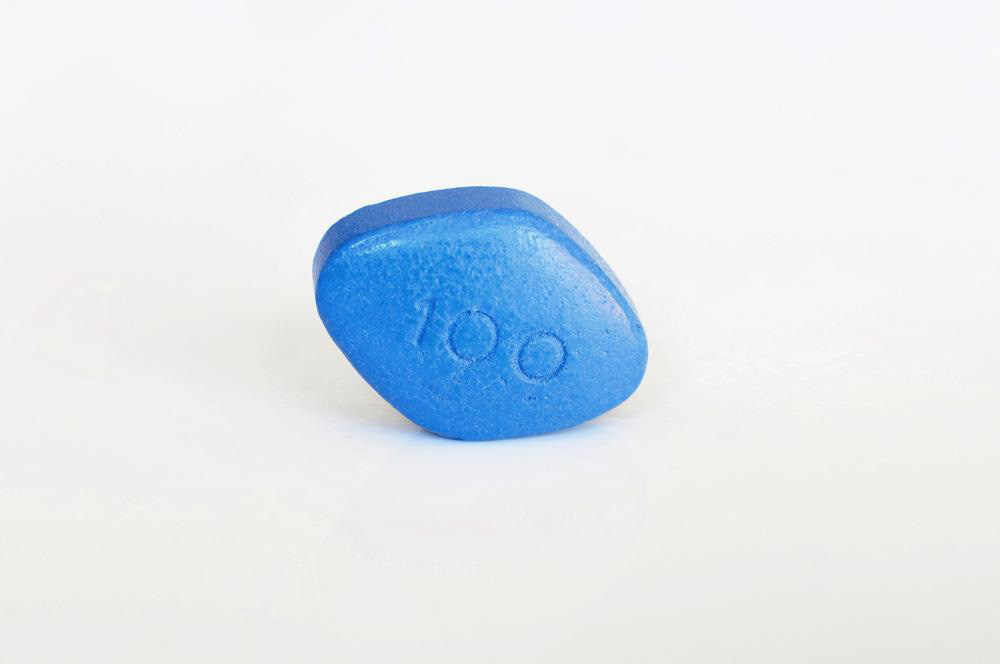Effective Medications to Combat Cold and Flu Symptoms
Discover effective medications for managing cold and flu symptoms. This guide highlights key signs and recommended treatments, including OTC remedies and lifestyle tips to facilitate faster recovery and symptom relief.
Sponsored

Colds and flu are common illnesses that, while generally not severe, can cause significant discomfort and disrupt daily routines. They often lead to symptoms like fatigue, sore throat, congestion, and fever. While home remedies can provide relief over time, medications can offer faster symptom alleviation. Understanding the different treatment options is essential to manage these illnesses effectively. Read on to learn about common signs and the medications available to help you recover swiftly.
Recognizing Cold and Flu Symptoms
Symptoms may appear separately or together.
Distinct symptoms distinguish cold from flu. Typical cold signs include sore throat, sneezing, runny nose, chest congestion, cough, and mild fever. Flu symptoms tend to be more intense, featuring high fever, body aches, headaches, sore throat, and sometimes nausea or upset stomach. Symptoms vary between individuals, and if they persist beyond three to four days, medical consultation is advised.
Available Treatment Options for Cold and Flu
Based on symptoms, you can choose over-the-counter (OTC) medicines or seek prescription drugs.
Various medications are designed to relieve specific symptoms. Below are some commonly used cold and flu remedies:
Decongestants – Useful for nasal congestion, these drugs reduce swelling in nasal tissues and blood vessels, easing breathing. They are available as pills, sprays, and drops. Consult your doctor before use, especially if you have underlying health conditions like diabetes or hypertension.
Antihistamines – When allergies cause sneezing, runny nose, and watery eyes, antihistamines can help. They may cause side effects such as dry mouth or drowsiness. OTC or prescription options are available depending on severity.
Fever reducers and pain relievers – For fever, headaches, sore throat, or muscle aches, medications containing acetaminophen or ibuprofen can be effective. Follow dosage instructions carefully and consult your doctor if you are on other medications.
Cough remedies – Cough suppressants, expectorants, and topical ointments can alleviate coughs. Expectorants help loosen mucus from the chest and throat, while suppressants reduce the urge to cough. Topicals, like chest rubs, provide local relief.
Combination therapies – Medications combining multiple ingredients are available for multiple symptoms. For example, a product may contain a cough suppressant and pain reliever. Use these only if symptoms are concurrent to avoid unnecessary intake.
If uncertain, always consult your healthcare provider before using any medication to prevent adverse effects, especially if you have allergies or other health concerns.
Alongside medication, consider supportive measures such as drinking plenty of fluids, vapor inhalation, warm baths, increasing Vitamin C intake, hot compresses, and saline gargling for symptom relief.






